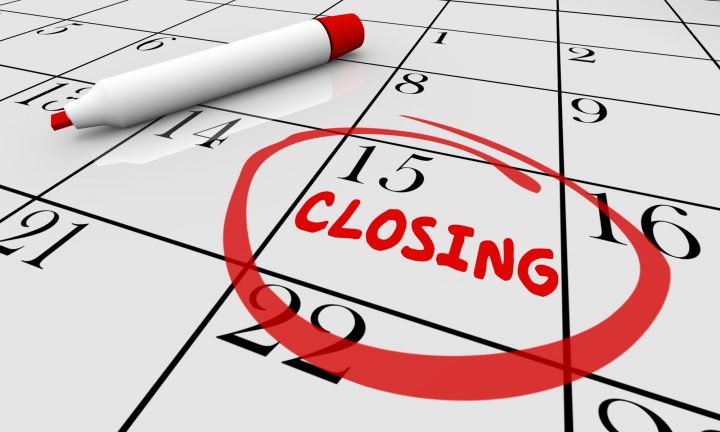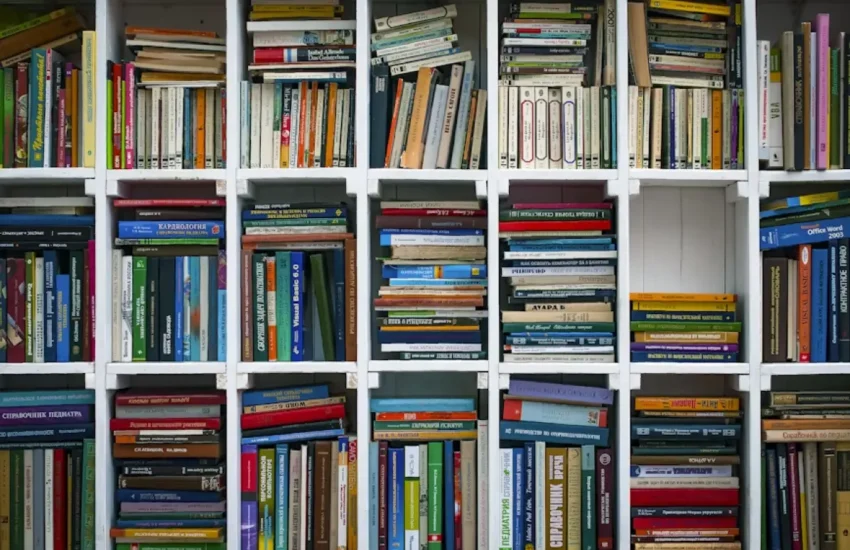Who Pays Closing Costs and Other Fees in Home Sales?
If you’re thinking about buying a home, your focus may be on securing the money for the deposit. The Australian government is trying to help with its First Home Loan Deposit Scheme, helping people who can’t afford the full 20 percent.
The problem is that whether you’re buying your first home or your fourth, mortgage costs are not your only worry. Closing costs and other hidden expenses have to be paid for by someone. The big question is, who?
Let’s dig into the question, who pays closing costs? We’ll also find out what other fees you should be aware of if you’re looking to buy a house in Australia.

What Are Closing Costs?
Closing costs are all the costs associated with transferring ownership of property from one person to another.
When you’re selling a home, it’s important to factor these costs into your asking price. You don’t want to agree on a figure that leaves you out of pocket when you come to buy your next place.
As a buyer, you need to do a ballpark calculation of these costs and factor them in when you’re viewing properties.
Who Pays Closing Costs?
The answer is that both of you will pay closing costs, also called the transaction fee in real estate. There are different fees to be paid by the buyer and the seller.
Some sellers will offer to pay a buyer’s closing costs to sweeten the deal. If they do, be sure to double-check exactly what they’re including as the costs can easily run into many thousands.
Closing Costs for Buyers
One of the biggest home-buying fees is stamp duty.
It’s not possible for us to tell you how much to expect to pay as rates vary from state to state. Each state and territory sets its own rates and thresholds. There are also grants, concessions, and exemptions in certain cases for some buyers.
The takeaway? Do your homework. Before you start crunching the numbers to work out your deposit and mortgage costs, calculate your likely stamp duty.
Oh, and by the way, you’ve only got 30 days to pay your stamp duty in full after completion. So, don’t take the risk and put yourself under a financial burden you can’t afford.
Transfer Registration Fee
The Transfer Registration fee can be a biggie that people forget to factor in. You’re paying the cost of registering the Transfer of Land document with the local land titles office.
You guessed it, there’s no set fee. That depends on where the house is that you’re buying and how much it costs.
Mortgage Fees
As well as paying your deposit, you need to factor in the mortgage application and registration fees.
The mortgage registration fee is another state/territory charge, but thankfully it’s not a big one. Mortgage application fees vary from lender to lender and some will waive the fees to persuade you to sign on the dotted line.
If you’ve got a small deposit, you may also need to buy lenders’ mortgage insurance.
Inspection Fees
You want to make sure the property you’re buying is in good shape. Your mortgage company may also require an inspection and you definitely want to get a pest inspection.
Real Estate Broker Fee
If you choose to employ a buyer’s agent, you’ll have to cough up their fee at closing time. They help you to find a home and negotiate the final price. They can help you to get a better deal so you’ll have to decide whether they’re worth the cost.
Cash home buyer fees will be lower as you do not have any mortgage fees to pay. But most other costs will still apply unless you are able to secure the deal without the help of a real estate agent.
Legal Costs
There’s a lot of legal paperwork involved in buying a house and you need to get it done right. This includes:
- Drafting the contract
- Title checks
- Drafting settlement documents
Your lawyer will also make sure that you pay all fees that you are liable for at the state or territory level, such as stamp duty.
Real Estate Option Fee
This is quite a niche fee that you will only pay if you have taken out a property option before purchase. This is when a buyer and vendor agree on a sale price, but the buyer needs more time to complete the purchase. On completion, the buyer will pay the real estate option fee.
Hidden Extras
It’s not possible to list all the hidden costs you should prepare for. But remember that you’ll need to set up your new home with electricity, telephone, and internet. Plus, there are moving costs to factor in.
Closing Costs for Sellers
Closing costs for sellers tend to be more straightforward. But as most sellers are buyers as well, you usually get hit with a double whammy.
Legal Fees
You will also need to retain a lawyer to check the contract and perform standard searches. You may be able to buy a standard conveyancing package to cover this.
Transfer Taxes
Your lawyer will investigate whether there are any transfer taxes to pay. This could include fees to register the sale of your property with the local title office.
Capital Gains Tax
If you’re selling your main home, you will not need to pay capital gains tax. But if you’re selling an investment property, this will be calculated based on the rates at the time of the sale.
Real Estate Agent Fee
Probably your biggest closing expense will be your real estate agent’s fee. They carry out all the marketing, conduct the showings, and help to negotiate the sale price. For all that assistance, expect to pay 1.6 to four percent of the sale price.
Whether Buying or Selling Prepare for Closing Costs
The answer to, ‘who pays closing costs?’, is both parties, usually.
The seller can sometimes offer to pay both, but usually, both pay their respective costs. And as we’ve seen, these can quickly add up to many thousands of dollars. So take your time, do your research and you won’t have any nasty shocks when you move into your new home.
For more insights into buying and selling property, check out our Real Estate & Household section today!


